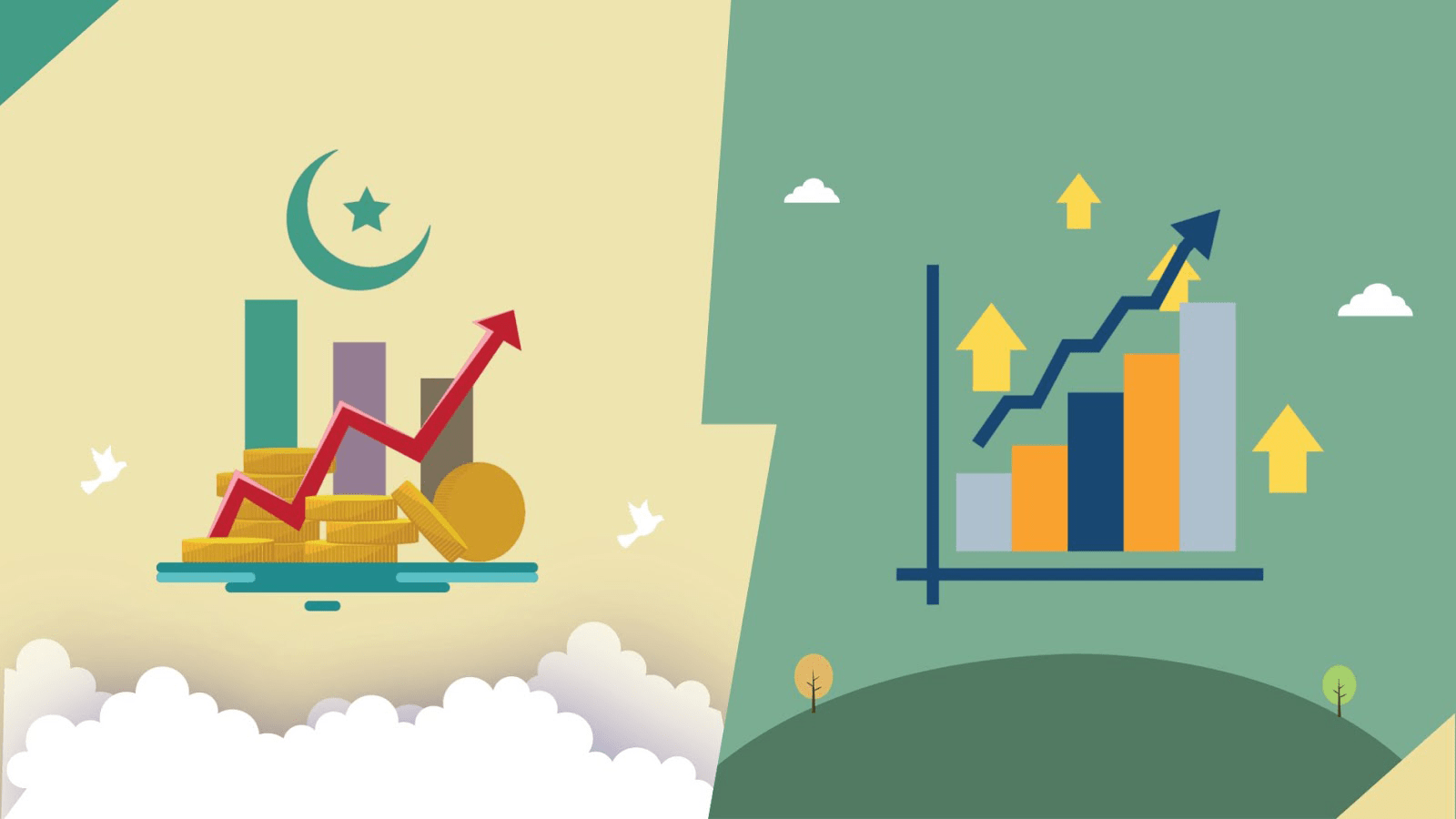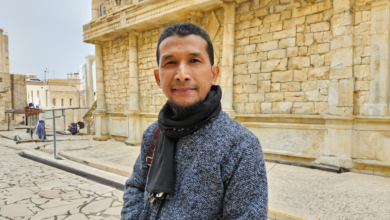
DDHK.ORG - On routine activities Halaqoh Pekan Expatriates Tuesday, September 29, 2020, Ustadzah Qurroh Ayuniyyah delivered a study material on Sharia Economics or Islamic Economics. He also explained from the definition of Islamic Economics to the difference with Conventional Economics.
There are three scholars quoted by Ustadzah Qurroh regarding the definition of Sharia Economics. Kurshid Ahmad, who defines Islamic economics as a "systematic attempt to understand economic issues and religious behavior related to them from an Islamic perspective".
Second, the definition of M. Akram Khan. Namely, "Sharia Economics is an economic science that aims to achieve true welfare (falah) through allocation of resources based on cooperation and participation."
Meanwhile, Didin Hafidhuddin defined Islamic economics as "an economy based on several principles. Among them, tawhid (oneness of Allah); akhlaq (behavior): honest and trustworthy; always obey Allah's commands and stay away from His prohibitions (don't forget to worship even though you are busy doing business); blessing aspect: requires strong faith; transparency: not falsehood, not wrongdoing, and mutually pleasing; helping the needy and poor; and ta'awun (the principle of helping each other, such as the Tabarru 'or Qardhul Hasan Akad) ”.
Legal Guidelines
In front of Hong Kong expatriate mothers, Ustadzah Qurroh conveyed the guidelines for Islamic Economics law based on the science of Ushul Fiqih. "Basically, all forms of muamalat can be done, unless there is a argument that prohibits it," he said.
He also conveyed the words of Allah Ta'ala in Surah Al-Maidah, verse 1, which became the basis for Sharia Economics. "This verse contains an order to complete the contract. The general meaning includes all contracts which specifically have no argument against them, ”said Ustadzah Qurroh, through the Zoom application.
Another argument, says Allah in Surah An-Nisa, verse 29. "Mutual pleasure is a condition of the transaction. As long as there is willingness and there is no argument against a transaction, then the law is fine, ”he said.
"Some of the things that are prohibited in Islamic Economics, namely usury (including bank interest), maisir (gambling), gharar (fraud), indecent and immoral, wrongdoing, and risywah (bribery)," said Ustadzah Qurroh.
4 Stages of the Prohibition of Riba
He also conveyed that there are four stages of prohibiting internal usury Alquran. Namely, first, it is stated in the letter Ar-Rum, verse 39. "And something usury (extra) that you give so that he increases in human property, then that usury does not add to Allah's side. And what you give in the form of zakat which you mean to achieve the pleasure of Allah, then (those who do so) are the ones who multiply (the reward). "
The second stage, as written in the letter An-Nisa, verses 160-161. "So because of the cruelty of the Jews, we forbid it (eating food) that was good (which was) legal for them, and because they prevented many (humans) from the path of Allah, and because they ate usury, when in fact they had forbidden thereof, and because they eat people's property in an evil way. We have prepared for those who disbelieve among them a painful torment.
Third, as Allah says in Surah Ali 'Imran, verse 130. "O you who believe, do not eat usury multiply] and fear Allah so that you may have good luck."
The fourth stage is stated in the letter Al-Baqarah, verses 275-278. “People who eat (take) usury cannot stand but are like a person who has been caught by evil due to (pressure) from an insane disease. Their situation is like that, because they say (think), actually buying and selling is the same as usury, even though Allah has made buying and selling legal and forbidden usury. People who have come to him the prohibition from his Lord, then continue to stop (from taking usury), then for him what he has taken first (before the prohibition comes); and matters (up to) to Allah. People who return (take usury), then that person is the inhabitants of hell; they are eternal in it. Allah destroys usury and fertilizes alms. And Allah does not like anyone who remains in disbelief, and always sins. Indeed, those who believe, do righteous deeds, offer prayers and pay zakat, they will get rewarded by their Lord. There is no concern for them and neither (nor do) they grieve. O you who believe, fear Allah and leave the rest of usury (which has not been collected) if you are believers. "
Differences in Conventional Economics and Islamic Economics
At the end of the study, Ustadzah Qurroh conveyed five differences between Conventional Economics and Islamic Economics. Conventional Economics, he said, only made sense as a source of foundation. Meanwhile, Islamic Economics makes Al-Quran, Hadith, and reason as well as a source of foundation.
Moral factors and norms in economic unit decisions are not the main variables in conventional economics. On the contrary, morals and norms are important variables in the decisions of economic units in Islamic economics.
In conventional economy, there is no limit to sharia. Whereas in Islamic Economics, sharia is the guideline.
Another difference, the positive elements (facts) are greater in proportion than the normative elements in Conventional Economics. Meanwhile, in Islamic Economics, normative elements have a larger portion. Even according to Adiwarman, normative elements are the same as positive elements.
Finally, the zakat, infaq, shodaqoh, and waqf (Ziswaf) sectors are not important elements in conventional microeconomics. In contrast, the Ziswaf sector plays an important role in Islamic microeconomics.
This ziswaf, said Ustadzah Qurroh, is part of the philanthropic sector which is one of the three pillars of Islamic Economics. The other two pillars, the real sector (business and trade) and the financial sector (Islamic financial institutions, both banks and non-banks; the capital market, and others). [DDHK News]



